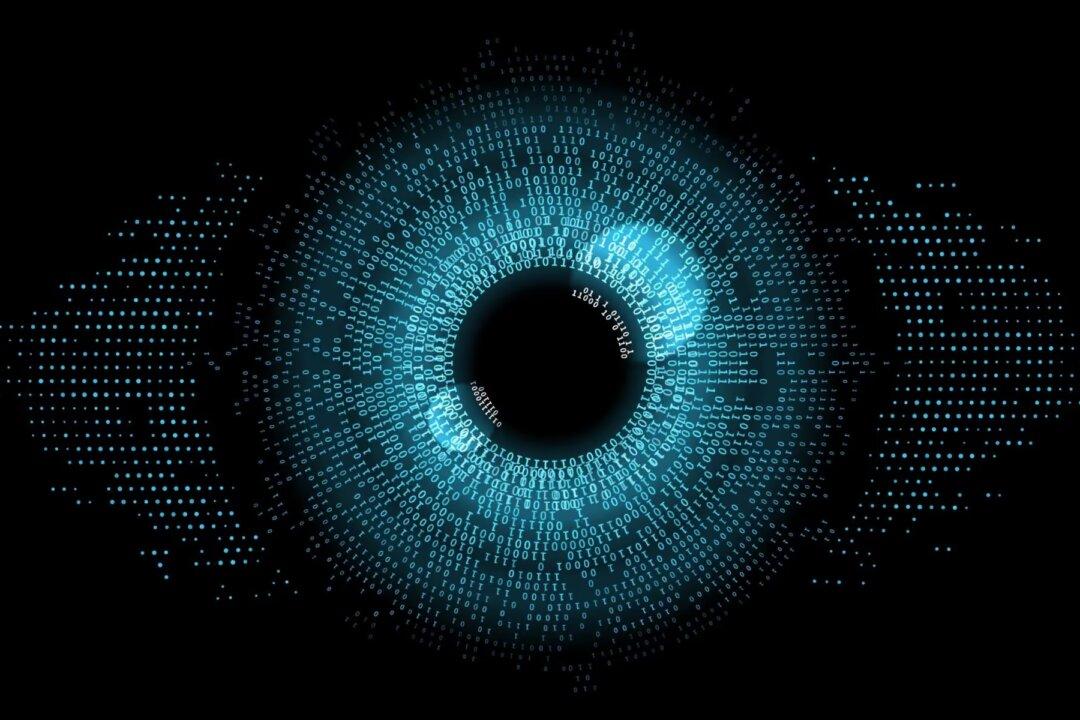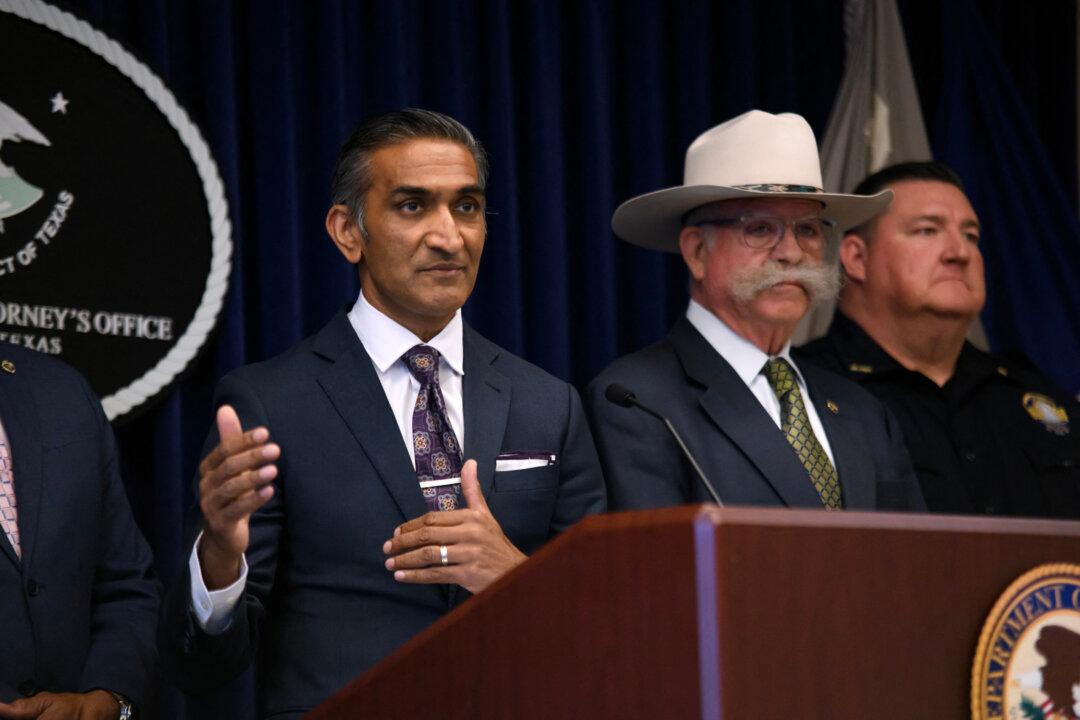In what seems eerily like a “Black Mirror” episode, undertakers in China have begun using Artificial Intelligence (AI) tools to create realistic avatars of the deceased that can communicate with mourners—and industry experts claim it is only a matter of time before the technology arrives in America.
Shanghai Fushouyun, a company that offers digital funeral services, conducted its first funeral using AI technologies in January 2022, according to the Strait Times.





